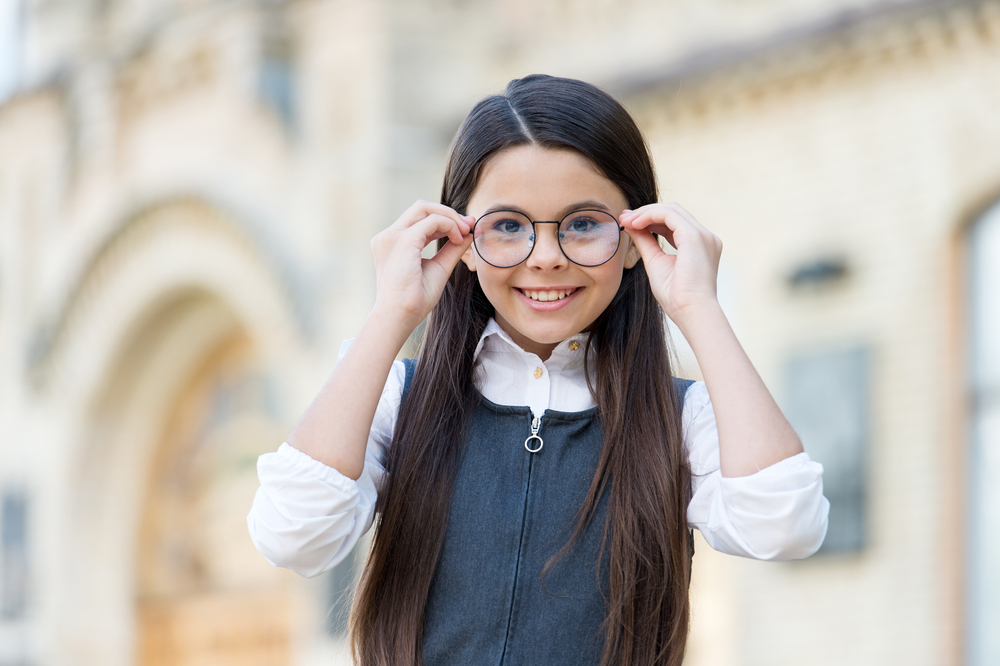
Myopia, a condition commonly known as nearsightedness, which primarily affects children and adolescents, is characterized by the inability to clearly visualize objects at a distance. Myopia is often misunderstood and underestimated, but it is critical to realize that it is more than just a minor inconvenience. It can significantly impact a child's life, affecting their learning, social interactions, and overall quality of life.
The Prevalence of Pediatric Myopia
There are several contributing factors to pediatric myopia. Lifestyle changes such as increased screen time and decreased outdoor activities are believed to play a significant role. Genetic predisposition is another contributing factor. If one or both parents are myopic, their child is more likely to develop the condition.
The rising prevalence of pediatric myopia is a growing concern due to the potential implications it has on children's quality of life and future eye health. If not adequately managed, myopia can lead to severe complications later in life, including retinal detachment and glaucoma.
Impact of Age on Myopia Development
Age plays a significant role in the development of pediatric myopia. Typically, the condition starts to manifest between ages six and eight. It progresses rapidly during the school years, often stabilizing in late adolescence or early adulthood.
The rate of progression can vary greatly from child to child. Some children may experience a rapid increase in myopia during growth spurts, while others may see a more gradual progression. In most cases, the younger a child is when they first become myopic, the more likely they are to progress to high myopia by adulthood.
Importance of Regular Pediatric Eye Exams for Myopia Detection
Given the impact of myopia on a child's life and the potential for progression, regular pediatric eye exams are crucial. These exams allow for early detection and intervention, which can slow down the progression of myopia and mitigate the potential complications associated with high myopia.
Children with myopia often do not complain about their vision because they don't realize that their vision is not normal. Therefore, regular eye exams are essential to catch the condition early. The American Academy of Ophthalmology recommends comprehensive eye exams at specific intervals based on a child's age and risk factors.
The Symptoms of Pediatric Myopia
Recognizing the symptoms of pediatric myopia can aid in early detection. Common signs include frequent squinting, excessive blinking, and difficulty reading the blackboard or other distant objects. Children may also complain of headaches or eye strain.
Children with myopia may also perform poorly in school due to difficulty seeing the blackboard or other visual learning aids. They may also avoid activities that require distant vision, such as sports. It's vital for parents and caregivers to pay close attention to these signs and seek an eye exam if they suspect their child may be myopic.
Treatment Options for Pediatric Myopia
There are several treatment options available for managing pediatric myopia. The most common approach is corrective eyewear, such as glasses or contact lenses. They don't cure myopia but help children see more clearly at a distance.
Aside from corrective eyewear, several interventions can slow down the progression of myopia. These include pharmaceutical interventions such as low-dose atropine eye drops, optical strategies like multifocal contact lenses or orthokeratology, and lifestyle modifications such as increased time spent outdoors.
Safeguard Your Child’s Visual Health Today
Regular pediatric eye exams remain the cornerstone of early detection and management of pediatric myopia. By staying vigilant and proactive, we can help our children navigate the challenges of myopia and safeguard their vision for the future.
For more information on the impact of age on myopia development, visit Avant Garde Vision Center at our office in Wayne, New Jersey. We are committed to providing excellent eye care to all patients, both adults and children. Call (862) 336-1990 to schedule an eye exam for your child today.








